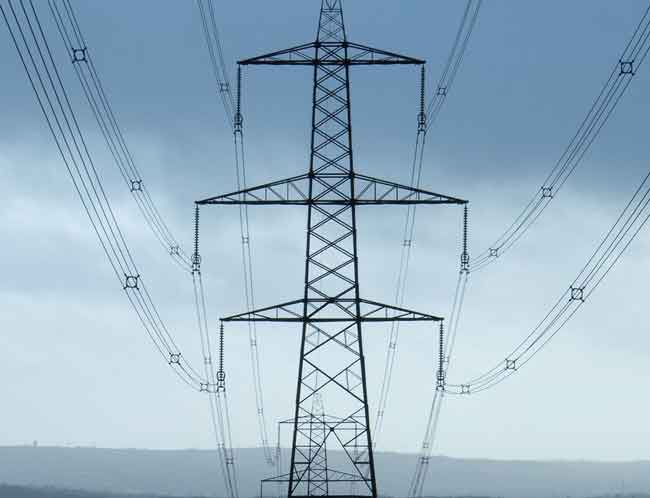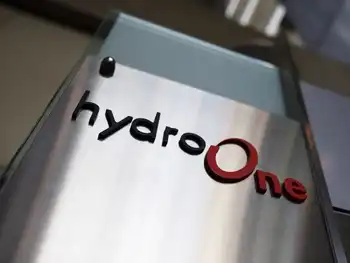Power plant decides to burn natural gas instead of coal
By Arizona Republic
High Voltage Maintenance Training Online
Our customized live online or in‑person group training can be delivered to your staff at your location.

- Live Online
- 12 hours Instructor-led
- Group Training Available
SouthWestern Power Group announced the decision for its Bowie Power Station just recently.
The announcement brought a swift reaction from Cochise County Supervisor Paul Newman, who held a Town Hall meeting recently that brought together company officials, plant supporters and a host of opponents.
"That's a huge environmental victory for Cochise County and the state of Arizona," Newman, a former state legislator, said. "I've been in a state of disbelief about it since I was informed."
The Bowie facility was approved by the Arizona Corporation Commission in 2002 as a natural gas-fired plant with two 500-megawatt generators. After the first unit was built, the private plant would have been required to also build some solar power units, and pay into a fund to compensate nearby growers if they are harmed by the increase in groundwater pumping the plant requires.
But soaring gas prices and questionable supplies forced the company to change the power source to coal.
SouthWestern then proposed a 600-megawatt plant using coal gasification, a new technology that cuts emissions from coal plants by a considerable amount, although not to the levels of a modern natural gas-fired plant. A 600-megawatt plant would produce enough electricity for about 600,000 homes.
The company also proposed an experimental project to sequester some of the plant's carbon dioxide emissions, a byproduct of combustion considered responsible for global warming.
The coal proposal drew complaints from Bowie and Willcox residents worried about pollution, noise, water use and lifestyle changes the plant will bring to the area.
Coal gasification is an expensive new technology and proposed coal plants of all types are facing an increasingly uncertain future as the debate over their greenhouse gas emissions heats up.
All that was apparently too much for SouthWestern Power.
"We're making this decision for a combination of reasons," the Phoenix company's general manager, David Getts, said in a statement. "Market economics, regulatory uncertainty, and public understanding are all factors that helped us come to this decision."
The Cochise County Planning and Zoning Commission approved the coal plant siting two miles outside Bowie in March after a sometimes-heated public meeting, but county supervisors had yet to give final approval.
The plant did have many supporters, some citing the job creation and taxes it would bring in to the county. The company also cited backing from Gov. Janet Napolitano and U.S. Sen. Jon Kyl.
But many people in Cochise County weren't buying it, said Newman, who noted that he had not yet decided if he would have voted to approve the coal plant.
"I do think that the energy industry in the West should take notice," Newman said. "The citizens don't want power plants that add to this greenhouse effect. We've reached a tipping point.
"This is a natural resources area, and we understand that," Newman said. "But in this day and age we don't see why we need to bring dirty coal down from Montana and Wyoming to southeastern Arizona and ruin our beautiful vistas."
SouthWestern officials said said the gas-fired plant has the best chance of being permitted and built in a reasonable time.
The gas plant has the required air permits and Corporation Commission and county approval, the company said. It expects the remaining permits to be granted by early next year and said construction will begin as soon as possible.











